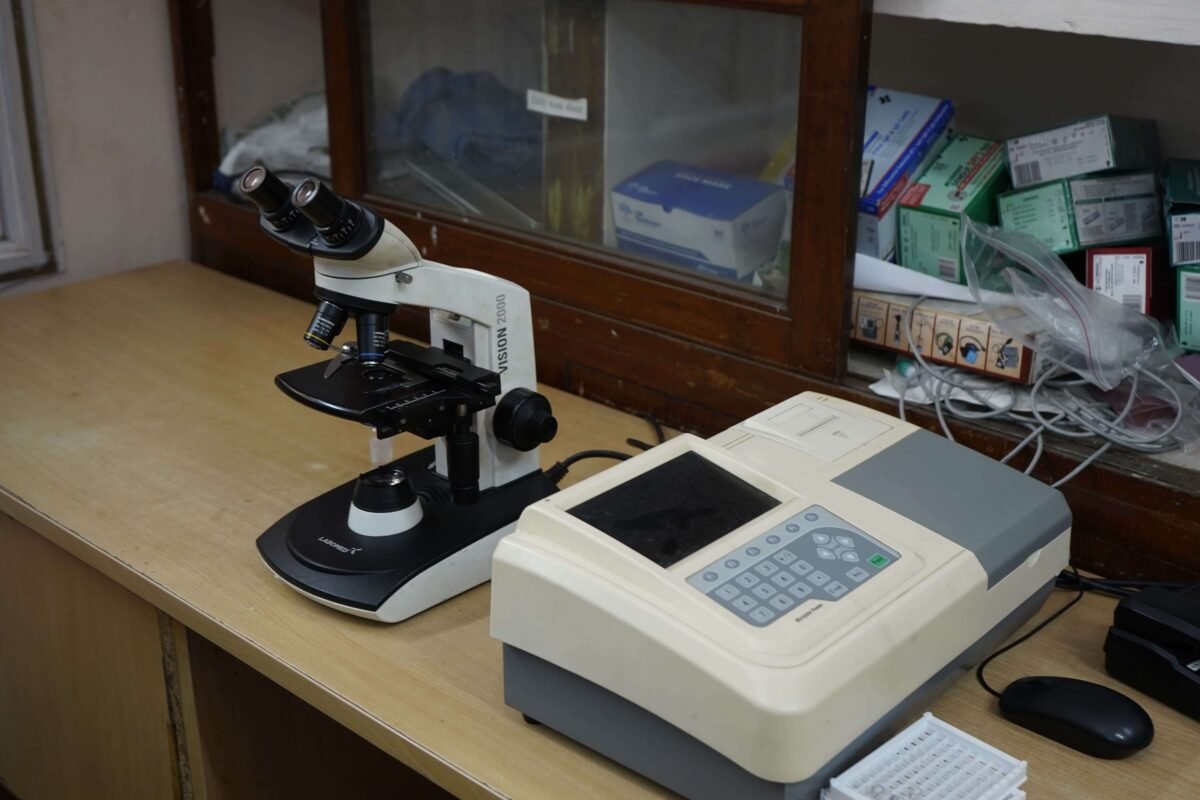DNA Fragmentation
DNA Fragmentation is a type of male fertility test that measures the amount of damaged DNA in a sperm sample. DNA is considered damaged when the strands or chains are broken. A DNA fragmentation test is used to assess the quality of sperm DNA. This test tells us whether there is any DNA damage in your sperm, which is important information we can’t get from a semen analysis alone.
Also research shows that high levels of DNA fragmentation in sperm is associated with infertility, failure of IVF treatment, and early miscarriage.

Causes
Sperm DNA damage can be caused due to toxic effects of drugs, cigarette smoking, pollution, and factors such as xenobiotics, high testicular temperature (fever, varicocele), and advanced age.
Procedure

When to perform this test?
- This test is generally suggested for male infertility patients with abnormal semen analysis, advanced age, varicocele etc.
- Performed in men above 40-45 years who have trouble conceiving
- Also recommend to anyone who is considering IVF
- Who has miscarriage or unsuccessful IVF treatment.
- Suggested in case of recurrent miscarriages, early pregnancy losses and presence of varicocele etc

Procedure and evaluation tests
The DNA fragmentation involves:
1. Semen procurement
2. Semen evaluation
- The different Sperm DNA fragmentation evaluation tests include the deoxynucleotidyltransferase-mediated dUTP nick end labeling assay (TUNEL)
- The sperm chromatin dispersion test (SCD),
- The sperm chromatin structure assay (SCSA), and single-cell gel electrophoresis assay (COMET)

Interpretation of Results
The results indicate the percentage of sperm with fragmented (damaged) DNA. Typically, a DFI score below 15% is considered healthy. Higher percentages may indicate potential fertility issues , but other factors are also taken into consideration during the interpretation of results
Treatment For Sperm DNA Damage
Treatment may include quitting smoking, protecting yourself from pollutants, and taking a daily dosage of zinc and antioxidants can all help to strengthen sperm DNA. Further clinical options can be discussed with our fertility specialists.
